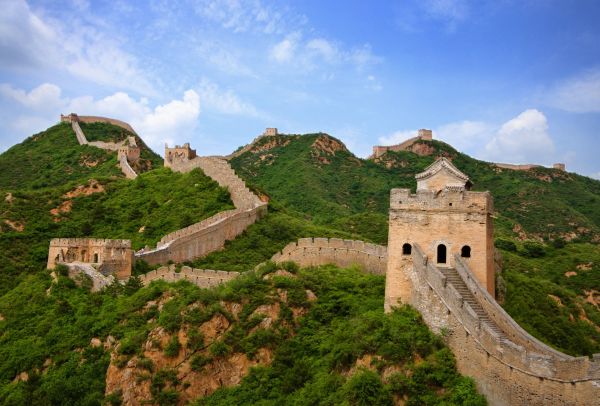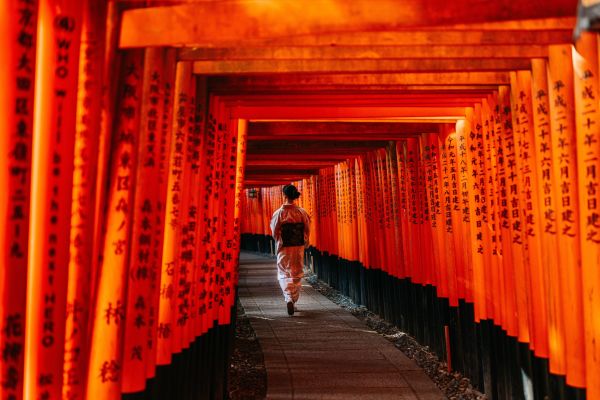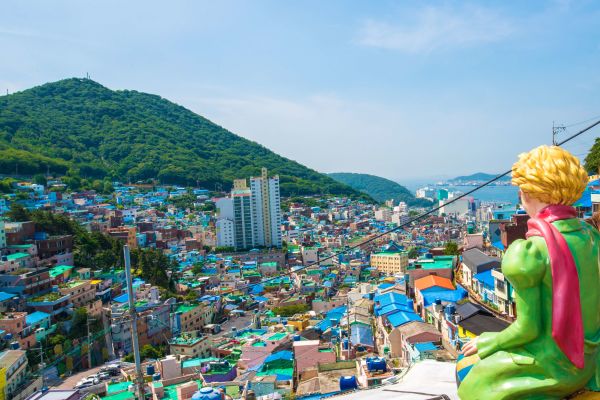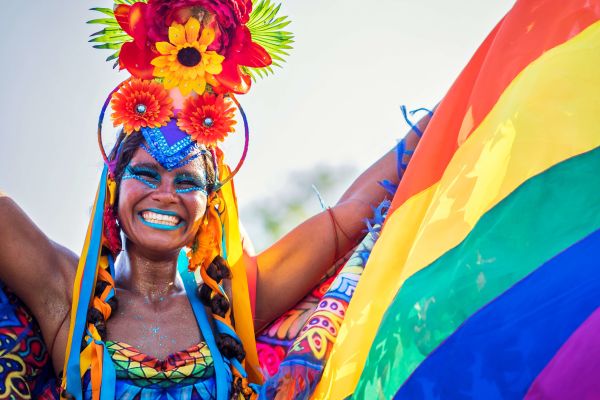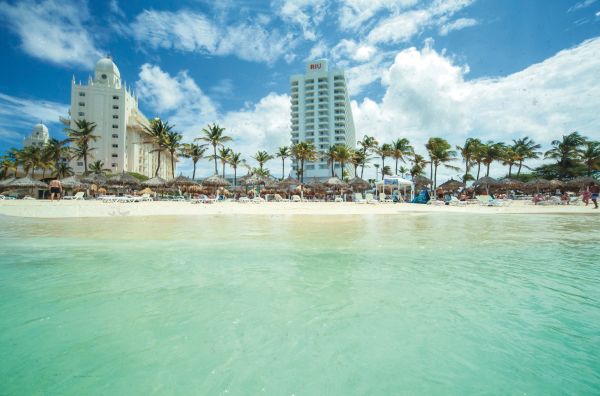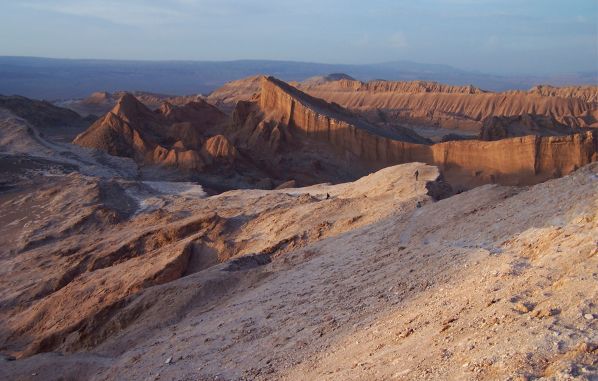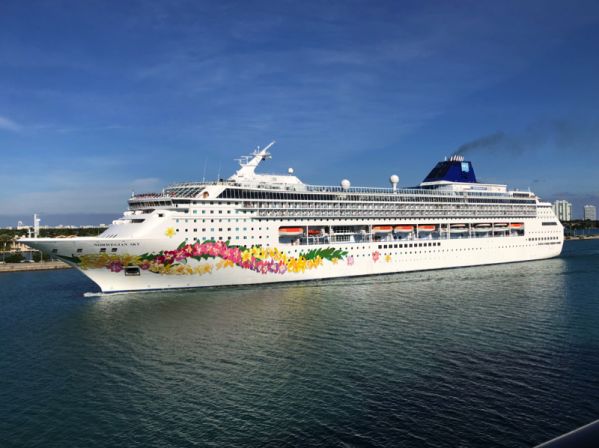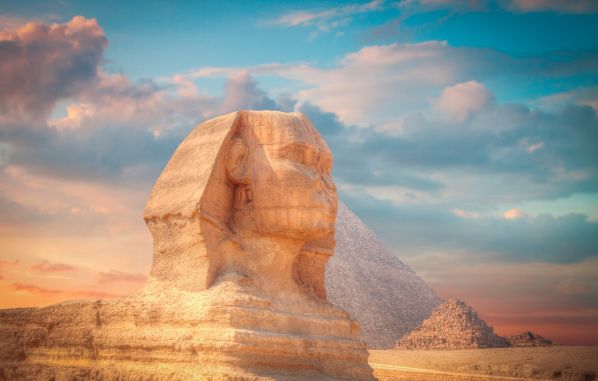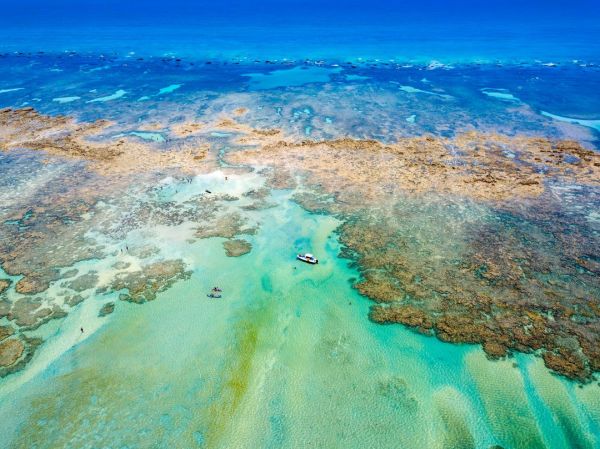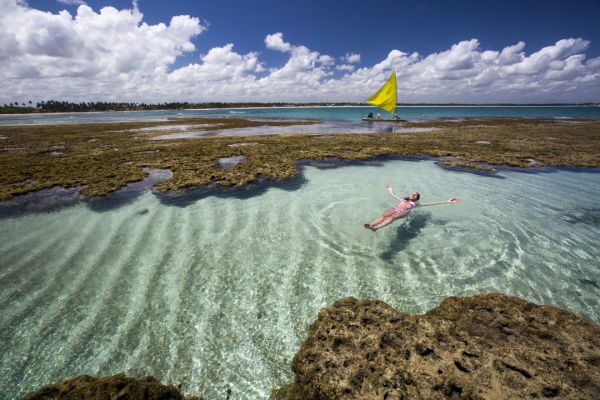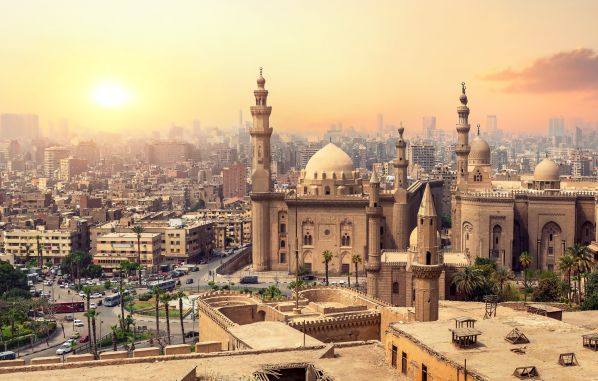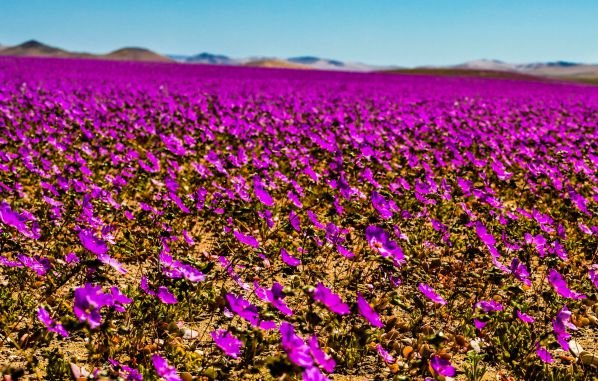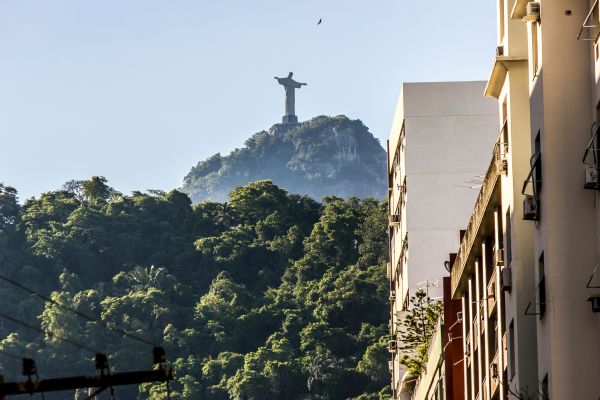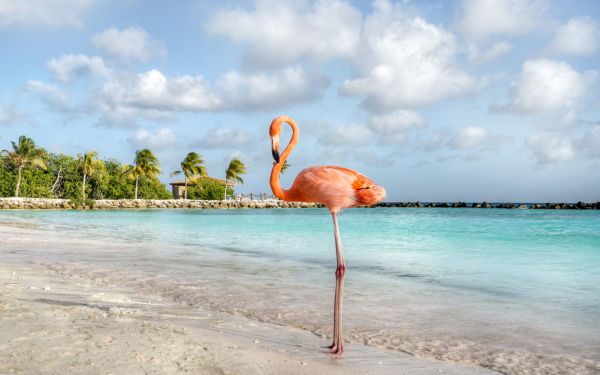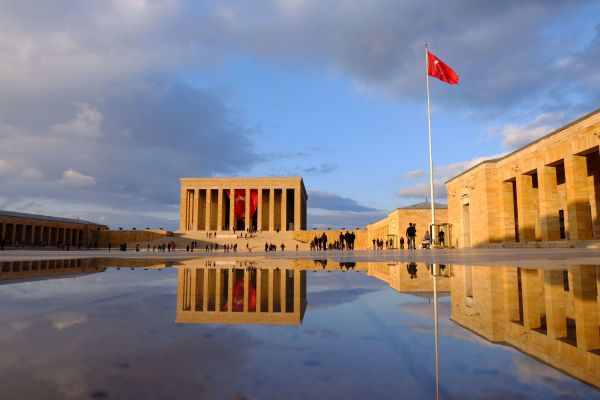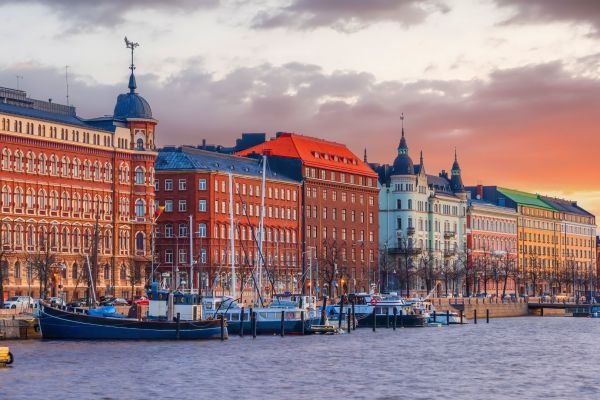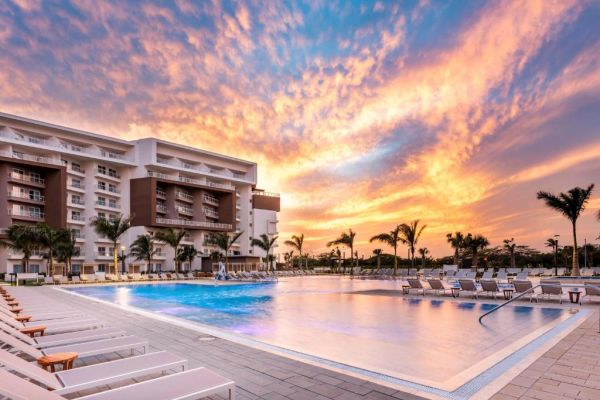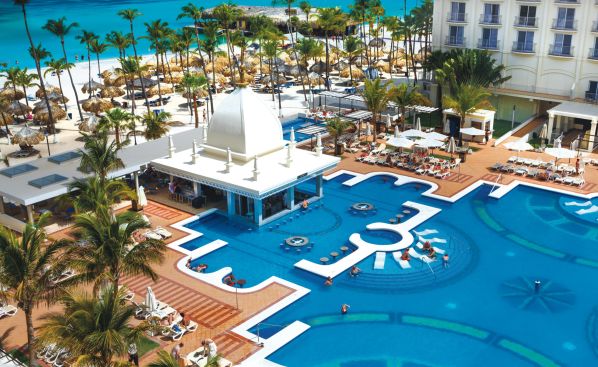Indonesia updates its entry requirements for Bali and all its islands

Indonesia has updated its requirements for international travelers entering Bali and each of the islands in the paradisiacal archipelago, destinations rated as some of the best in Southeast Asia and the world.
The main change is the introduction of the SATUSEHAT Health Pass , a mandatory electronic health form for all visitors , a measure that came into effect on August 30, 2024.
This form, available on the official website https://sshp.kemkes.go.id , must be completed within 24 hours of your arrival flight to ensure a smoother entry into the country. Once submitted, passengers will receive a barcode containing key information about their health and travel details .
From Indonesia, the recommendation is to carry an electronic copy of this code, as it will be scanned upon arrival at the airport .
Temperature checks upon arrival in Indonesia
In addition, body temperature checks will be carried out upon arrival in Indonesia. If a traveler's temperature is above 37.5°C, they will undergo further health screenings .

These measures seek to prevent the spread of new variants of the Mpox virus (simian pox, formerly known as monkeypox), which has generated global concern.
Should any traveler develop symptoms associated with the virus within 21 days of arrival, they are advised to seek medical attention immediately . Indonesian authorities are closely monitoring the situation and will provide updates as new information becomes available.
These measures will ensure the safety of both visitors seeking a dream vacation and local residents who welcome travelers from all over the world with open arms , in a continuous effort to control potential disease outbreaks.
Discover Bali, the Island of the Gods

Bali , known as the Island of the Gods , is a dream come true for travelers, a vibrant island where the mystical blends seamlessly with nature, especially in places like Ulun Danu Temple . Every corner has something magical to offer, such as Ubud and Nusa Dua , which exemplify the spirit of this Indonesian gem.
Ubud , located in the heart of the island, is recognized as an artistic and spiritual center, a vibrant place enveloped by a tropical rainforest intertwined with ancient temples, terraced rice paddies, and a community that lives to the rhythm of nature.
Travelers visiting Ubud shouldn't miss the Monkey Forest , a sanctuary where hundreds of macaques roam among ancient trees and mystical sculptures. Nature lovers can also lose themselves in the Tegallalang rice terraces, a picture-postcard landscape ideal for trekking, capturing spectacular photos, or simply enjoying the surrounding serenity.

Temples are another key element in Ubud. Goa Gajah Temple , known as the Elephant Cave, offers a unique experience with its rock-carved reliefs and aura of mystery. And if your quest is more spiritual, there's no better place than Ubud's yoga and meditation retreats , an epicenter of well-being where travelers from all over the world reconnect with their inner selves. Some suggestions include Pura Tirta Empul and Pura Gunung Kawi .

In addition, Ubud is also famous for its artisan markets, such as the Ubud Market , where you can find everything from handmade jewelry to exquisite textiles full of color, creativity, and Balinese culture. Waterfalls like Kanto Lampo, Tibumana, and Tegenungan are not to be missed.

Nusa Dua, Indonesia's tropical luxury
In contrast to Ubud's bohemian and laid-back atmosphere, Nusa Dua offers a more sophisticated and luxury-oriented version of Bali. This coastal paradise, on the island's southern tip, is known for its five-star resorts, golden sand beaches, and crystal-clear waters perfect for absolute relaxation.
The beaches of Nusa Dua are ideal for relaxing in the sun, but they are also a paradise for water sports . From snorkeling on its coral reefs to surfing and jet skiing, adventurers have plenty of options to enjoy the sea.

Nusa Dua also showcases its religious and cultural side to the world, especially at Puja Mandala , an enclosure that represents Indonesia's five main religions with its complex of Buddhist, Hindu, Catholic, Protestant, and Islamic temples .

Waterblow is another must-see, a rock formation located on the main beach . Additionally, Geger Beach , near Nusa Dua, is a quieter spot where you can swim or simply enjoy the beauty of the Balinese coast without the crowds.
You may also be interested in: Special 7 wonders of the world: Chichen Itza, the jewel of the Mayan Empire

